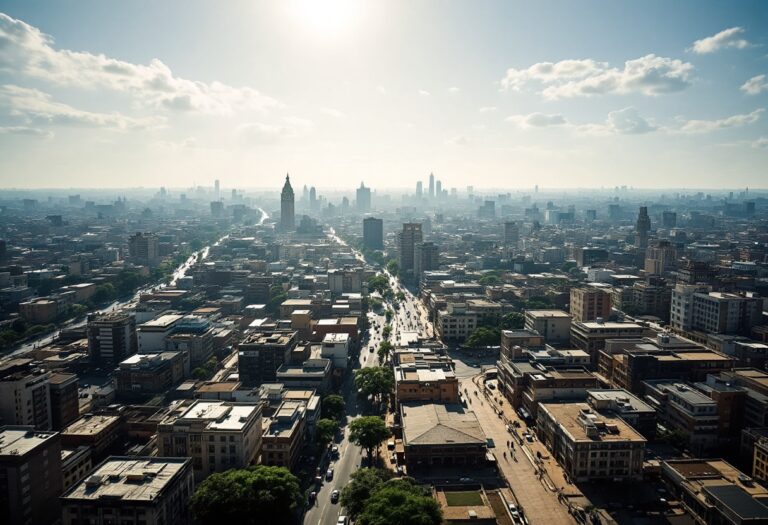Argomenti trattati
Introduction to Burkina Faso’s Political Climate
In recent years, Burkina Faso has witnessed significant political upheaval, culminating in the rise of Captain Ibrahim Traoré as the interim leader. Following a coup in September 2022, Traoré ousted Lieutenant Colonel Paul Henri Damiba, marking a pivotal moment in the nation’s governance. This transition reflects not only the internal dynamics of Burkina Faso but also the broader trends affecting governance across the West African region.
The Role of Military Leadership
Military coups have become increasingly common in West Africa, with Burkina Faso being a notable example. The ascension of Traoré highlights the military’s growing influence in political affairs, often justified by the need for stability in the face of security challenges, particularly from extremist groups. This trend raises critical questions about the future of democracy in the region. Will military leaders prioritize democratic processes, or will they entrench their power? The international community watches closely, as the implications of these decisions extend beyond Burkina Faso’s borders.
Regional Implications of Political Changes
The political shifts in Burkina Faso resonate throughout West Africa, where several nations grapple with similar issues of governance and security. The rise of military leadership can lead to a cycle of instability, as seen in neighboring countries. As Burkina Faso navigates its new political landscape, the potential for regional collaboration or conflict remains a pressing concern. The international community must engage with these developments, balancing support for democratic ideals with the realities of security needs.
Conclusion: A Path Forward
As Burkina Faso embarks on this new chapter under Captain Ibrahim Traoré, the path forward remains uncertain. The interplay between military authority and democratic governance will be crucial in shaping the nation’s future. Observers must remain vigilant, advocating for a political environment that fosters stability while respecting the will of the people. The evolution of Burkina Faso’s political landscape serves as a microcosm of broader trends in West Africa, highlighting the delicate balance between security and democracy.

